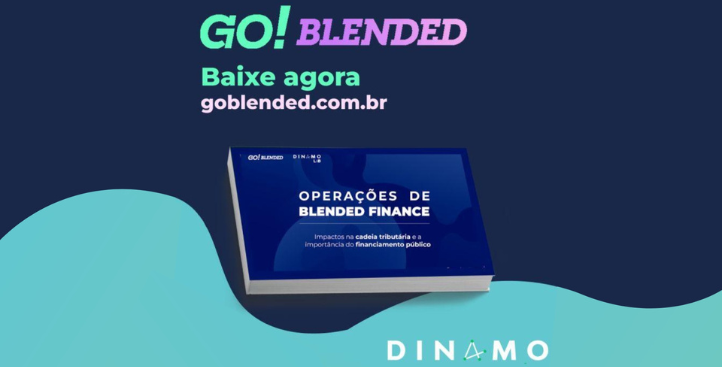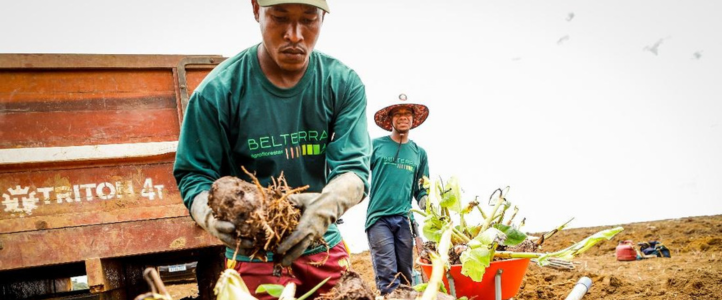
Fundo Vale is supporting Go!Blended, a collaborative initiative led by Din4mo, which aims to connect and train strategic leaders in finance, entrepreneurship and innovation, in order to disseminate knowledge and co-create blended finance structures and actions. The initiative includes the development of studies, videos and other informative materials, as well as workshops, technical seminars and talks by national and international experts.
Blended finance means the strategic use of public or philanthropic resources to mobilize additional resources for investment in the United Nations’ 2030 Agenda and its Sustainable Development Goals. These resources, called catalytic capital, reduce the risks and boost the return of projects to the level of traditional market expectations, making it possible to raise commercial capital – a resource that comes from financing sources that are mostly guided by the expected return on assets. An example of an instrument with a blended finance structure is Living Amazon, recently launched by Natura, Vert and the Brazilian Biodiversity Fund (FUNBIO), which has received catalytic capital from Fundo Vale.
“Strengthening the development of innovative financial instruments and arrangements that support businesses with a positive social and environmental impact is one of Fundo Vale’s strategies and we know how fundamental blended finance structures can be for this. We believe in Go!Blended’s potential to disseminate knowledge about blended finance and, most importantly, to encourage dialogue and joint action involving different players, so that even more capital can be mobilized in favor of a more sustainable, fairer and more inclusive economy,” says Isabella Zicarelli, Fundo Vale’s business promotion and impact investment analyst.
Case studies
On Go!Blended’s online platform, you can download a study called “Blended Finance Operations: Impacts on the Tax Chain and the Importance of Public Financing.” This is an unprecedented study about the tax chain of blended finance operations, which reflects on this subject and seeks to reach out and encourage the participation of public sector funding bodies. The study contains three case studies that demonstrate how much money was raised in taxes for every R$1 invested as catalytic capital.

One of these case studies involves Belterra, a business that Vale has invested in as part of its Forest Goal. Belterra raised R$17 million by issuing Agribusiness Receivables Certificates, including R$10 million of capital contributed by Fundo Vale. This operation ended up generating R$2.97 in taxes for every R$1 of catalytic capital, indicating a significant investment multiplier effect. In fact, the complete impact may well be even greater, as the study did not consider all possible tax consequences.
Learn more about the Go!Blended platform and see the study here.
